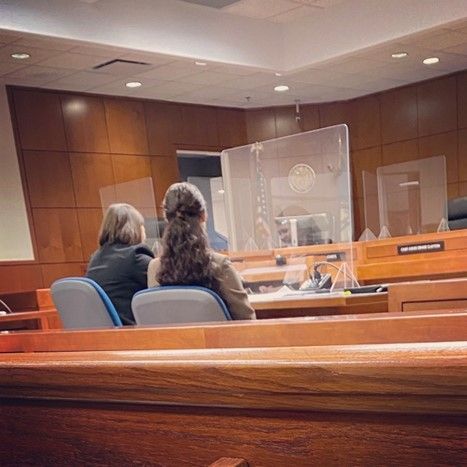Bloodsworth Grant

KIP is the recipient of the Bloodsworth grant from the BJA. It is through this grant that KIP has hired additional staff to identify cases where post-conviction DNA testing may prove a wrongfully convicted person’s innocence. KIP applies rigorous standards of review and investigation before determining a person has a claim of innocence, and if there is untested evidence or prior inclusive testing, that may not be tested to support that claim of innocence. The grant funded staff has worked on this identification and review process since 2020. In this review process a number of cases have been identified for investigation of an innocence claim. To date a number of motions have been filed in courts across Kentucky seeking DNA testing. KIP has secured three agreements from prosecutors in Jefferson, Scott and Adair counties to conduct the grant funded testing through state and private forensic laboratories.


Our Location
Subscribe to our mail list.
Contact Us
Thank you for subscribing to our mail list. While you wait for our next communication, please check out the Latest News tab to learn what we are up to right now.
Please try again later.
All Rights Reserved | Kentucky Innocence Project
This website was built and developed through funding from the Kentucky Bar Foundation
